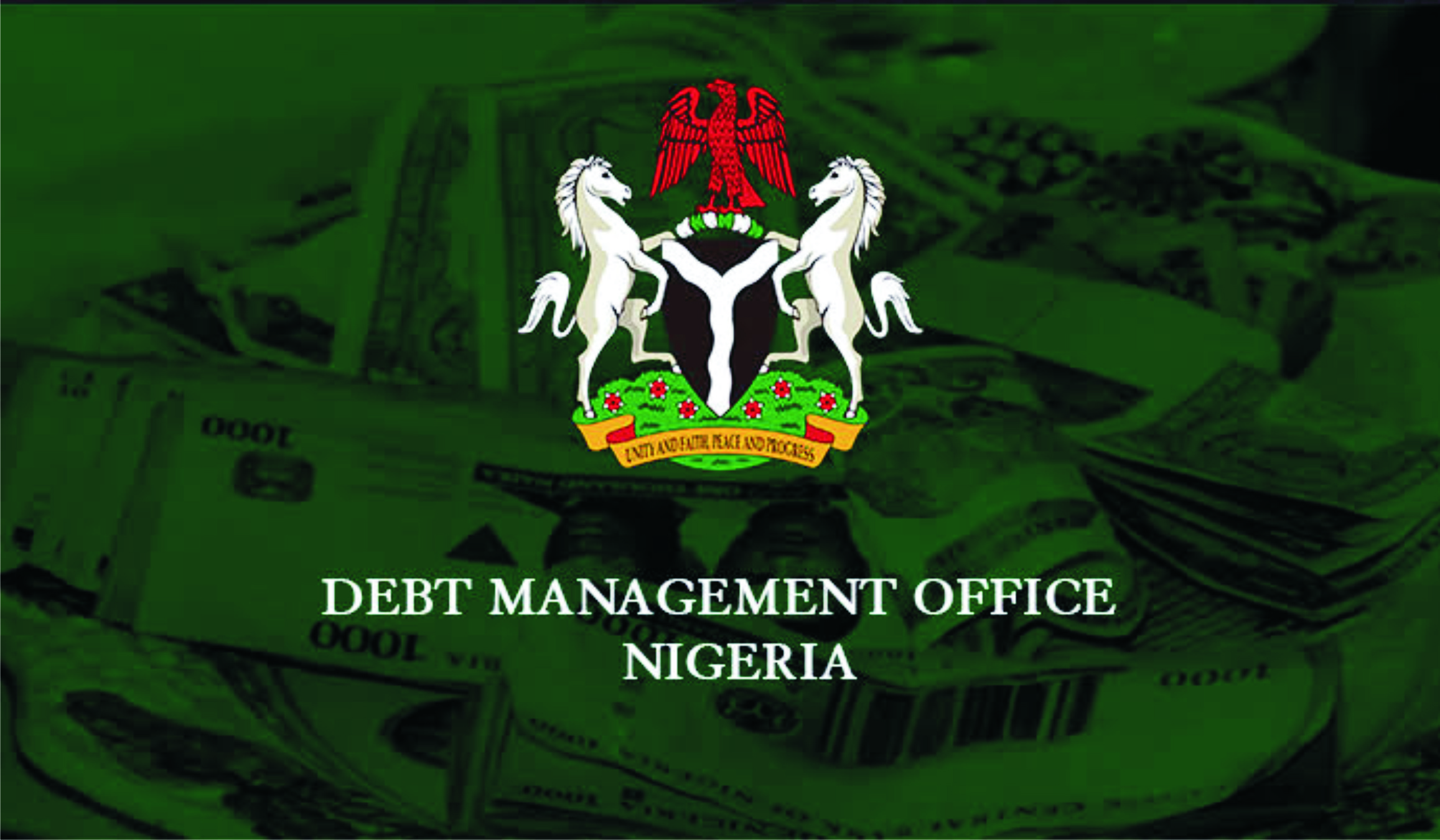Business
Nigeria Spends N1.99trn On Debt Servicing In Nine Months

Nigeria spent almost N2tn on debt servicing payments from January to September 2020, the latest data obtained from the Debt Management Office have shown.
The DMO had on Thursday disclosed that the nation’s total public debt stock rose by N1.21tn in the third quarter of last year to N32.22tn amid revenue shortfalls.
The debt stock is made up of the domestic and external debt stocks of the Federal Government of Nigeria, the 36 state governments and the Federal Capital Territory, the DMO said.
“The FGN, state governments and the FCT all recorded increases in their debt stock due to borrowings to enable them to respond appropriately to the COVID-19 pandemic and to meet revenue shortfalls,” the debt office said.
DMO’s data collated by our correspondent showed that the cost of servicing the nation’s debt from January to September 2020 stood at N1.99tn.
A total of N1.53tn was spent on domestic debt service while $1.27bn or N467.44bn was spent on external debt service payments.
Domestic debt service gulped N609.13bn in the first quarter of 2020; N312.81bn in the second quarter, and N604.19bn in the third quarter.
External debt service payments stood at $472.57m (N170.60bn) in Q1; $287.04m (N103.62bn) in Q2, and $507.15m (N193.22bn) in Q3.
The Central Bank of Nigeria’s official exchange rate of $1 to N361 was used in converting the external debt service payments to naira in Q1 and Q2 while N381/$1 was used in Q3, according to the DMO.
The CBN had recently expressed concern over the rising cost of debt service being incurred by the Federal Government.
The CBN, in its half-year 2020 economic report, said the trajectory of Federal Government’s debt further constrained fiscal policy during the period, as interest payment obligations amounted to N1.15tn in the first half of 2020.
“This suggested that despite the subsisting revenue challenge, which was exacerbated by COVID-19, the larger proportion of FGN revenue was devoted to debt service,” it said.
The apex bank said at 19.2 per cent, the debt-to-GDP ratio indicated a solvency position of the government.
“However, the rising cost of debt service underscores a precarious liquidity position that could impair the government’s fiscal space, as well as its growth objectives,” it added.
The International Monetary Fund said in December that Nigeria needed significant revenue mobilisation — including through tax policy and administration improvements — to create space for higher social spending and reduce fiscal risks and debt vulnerabilities.
With high poverty rates and only a gradual recovery in prospect, revenue mobilisation will need to rely initially on progressive and efficiency-enhancing measures, with higher VAT and excise rates awaiting until stronger economic recovery takes root, it added.
Business
NCAA Certifies Elin Group Aircraft Maintenance

Business
SMEDAN, CAC Move To Ease Business Registration, Target 250,000 MSMEs

Business
Blue Economy: Minister Seeks Lifeline In Blue Bond Amid Budget Squeeze

Ministry of Marine and Blue Economy is seeking new funding to implement its ambitious 10-year policy, with officials acknowledging that public funding is insufficient for the scale of transformation envisioned.
Adegboyega Oyetola, said finance is the “lever that will attract long-term and progressive capital critical” and determine whether the ministry’s goals take off.
“Resources we currently receive from the national budget are grossly inadequate compared to the enormous responsibility before the ministry and sector,” he warned.
He described public funding not as charity but as “seed capital” that would unlock private investment adding that without it, Nigeria risks falling behind its neighbours while billions of naira continue to leak abroad through freight payments on foreign vessels.
He said “We have N24.6 trillion in pension assets, with 5 percent set aside for sustainability, including blue and green bonds,” he told stakeholders. “Each time green bonds have been issued, they have been oversubscribed. The money is there. The question is, how do you then get this money?”
The NGX reckons that once incorporated into the national budget, the Debt Management Office could issue the bonds, attracting both domestic pension funds and international investors.
Yet even as officials push for creative financing, Oloruntola stressed that the first step remains legislative.
“Even the most innovative financial tools and private investments require a solid public funding base to thrive.
It would be noted that with government funding inadequate, the ministry and capital market operators see bonds as alternative financing.
-

 Rivers21 hours ago
Rivers21 hours agoFTAN Gets New State Coordinator … To Push For Tourism
-
News21 hours ago
NDLEA arrests two drug kingpins in Lagos, seizes cocaine, heroine
-

 Sports21 hours ago
Sports21 hours agoGroup lauds Foundation’s contribution to football, youth dev.
-
Education21 hours ago
Lga boss tasks corp members on diligent service to fatherland
-

 Politics21 hours ago
Politics21 hours agoNew PDP Leaders Emerge In Adamawa After Congress
-

 Sports21 hours ago
Sports21 hours agoForest Still Looking For Winning Formula
-

 online games2 days ago
online games2 days agoThe Power of Advanced Historical Data and Live Metrics for Football Analytics
-
Rivers21 hours ago
Democratic Rule Return Sparks Renewed Debate In Rivers

